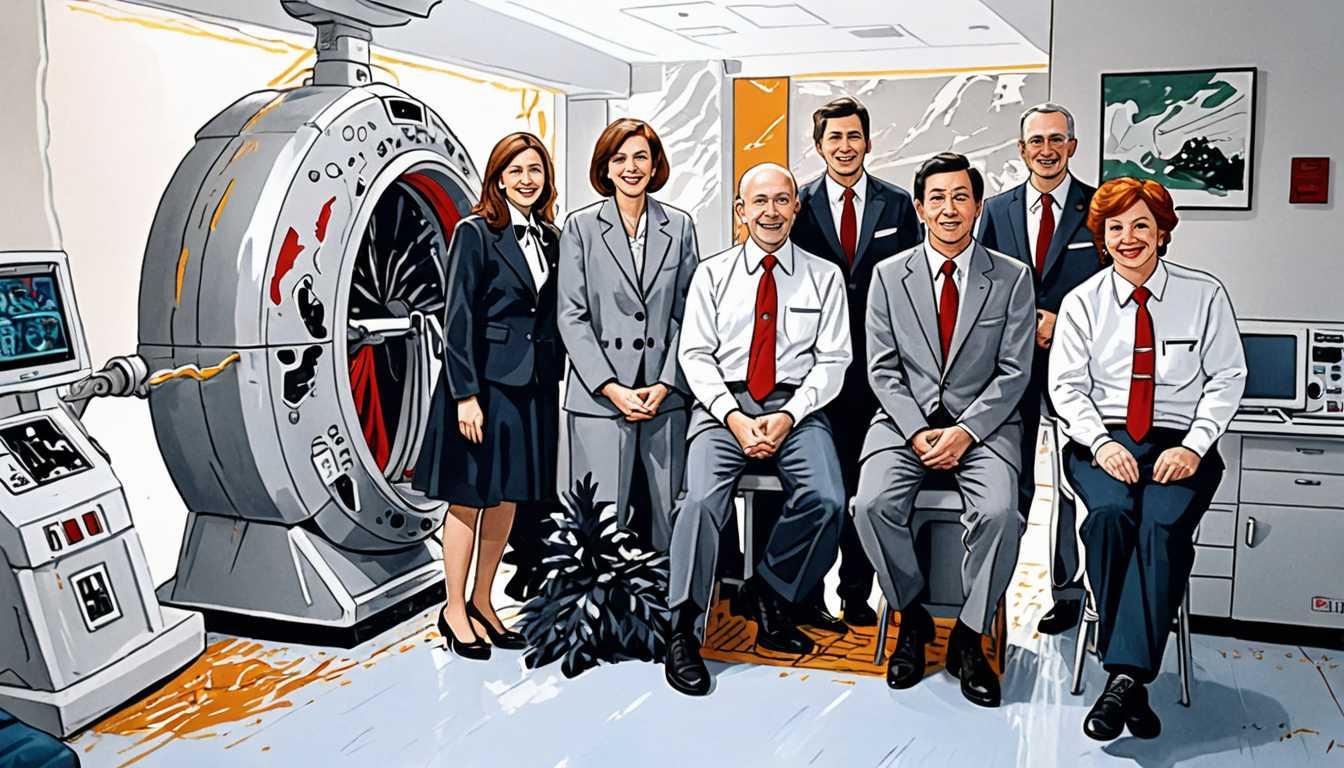AI: The New Detective in Alzheimer’s Battle
March 2023
Harvard University
Introduction
Dive into the brains behind the breakthrough in Alzheimer's detection with Harvard's latest scoop! Matthew Leming and his team at Massachusetts General Hospital are revolutionizing the way we diagnose this tricky disease, using AI to sift through brain MRIs with astonishing accuracy. Gone are the days of relying solely on high-end research images; these scientists are making strides with the everyday scans collected in clinics. With a success rate of 90.2% across diverse datasets, their work is not just smart—it's genius. Ready to get your mind blown by how AI is outsmarting Alzheimer’s?
READ FULL ARTICLEWhy It Matters
Discover how this topic shapes your world and future
Unlocking the Mysteries of the Mind
Imagine a world where we could peek into the brain and understand its deepest secrets, especially as it relates to diseases that seem to steal away our loved ones' memories and personalities, like Alzheimer's. This isn't just a fantasy. Scientists are using something called artificial intelligence (AI) to get a closer look at our brains and find clues about Alzheimer's disease. This matters because it's not just about solving a scientific puzzle; it's about people—maybe even someone you know or will know. By using AI to analyze brain images, researchers are making strides in accurately detecting Alzheimer's, which could lead to earlier and more effective treatments. This breakthrough demonstrates the power of technology in medicine and how it can directly impact our lives and the well-being of our global community. It's a testament to human ingenuity and compassion, showing us how innovation can light the way to hope and healing.
Speak like a Scholar
Artificial intelligence (AI)
A branch of computer science focused on creating systems that can perform tasks that usually require human intelligence, like recognizing patterns or making decisions.
Deep learning
A subset of AI that involves training models on large amounts of data to make predictions or recognize patterns, much like learning from experience.
Algorithms
Step-by-step procedures or formulas for solving problems or performing tasks, which in AI, help computers learn from data.
Magnetic resonance images (MRIs)
A type of medical imaging that uses magnets and radio waves to create detailed pictures of the inside of the body, including the brain.
Uncertainty metric
A measurement used in AI to determine how confident a model is in its predictions, especially when faced with new or different data.
Generalizability
The ability of a model to perform well across different settings, times, and populations, not just the ones it was originally trained on.
Independent Research Ideas
Exploring the ethics of AI in medicine
Investigate the ethical considerations of using AI for medical diagnosis and treatment, focusing on privacy, consent, and the potential for bias.
The evolution of brain imaging techniques
Dive into the history and development of brain imaging technologies, comparing traditional methods with the latest AI-enhanced techniques.
AI's role in early detection of neurodegenerative diseases
Examine how AI technologies are transforming the early detection of diseases like Alzheimer's and Parkinson's, and discuss the potential benefits and challenges.
The impact of data diversity on AI accuracy
Research how the diversity of data (from different demographics, equipment, etc.) affects the accuracy of AI predictions in healthcare.
Cross-disciplinary approaches to Alzheimer's research
Explore how fields outside of traditional medicine, such as computer science and engineering, are contributing to advances in Alzheimer's research and treatment.
Related Articles

AI: The Future of Global Health
August 2024
JSTOR Daily

AI: Transforming Dementia Diagnosis
August 2021
BBC

Revolutionary Drug Shields Against Diabetes
February 2024
University of Bristol

Metabolic Mysteries: A Global Quest
January 2023
Imperial College London

Sybil: AI's Leap Against Lung Cancer
January 2023
Massachusetts Institute of Technology (MIT)